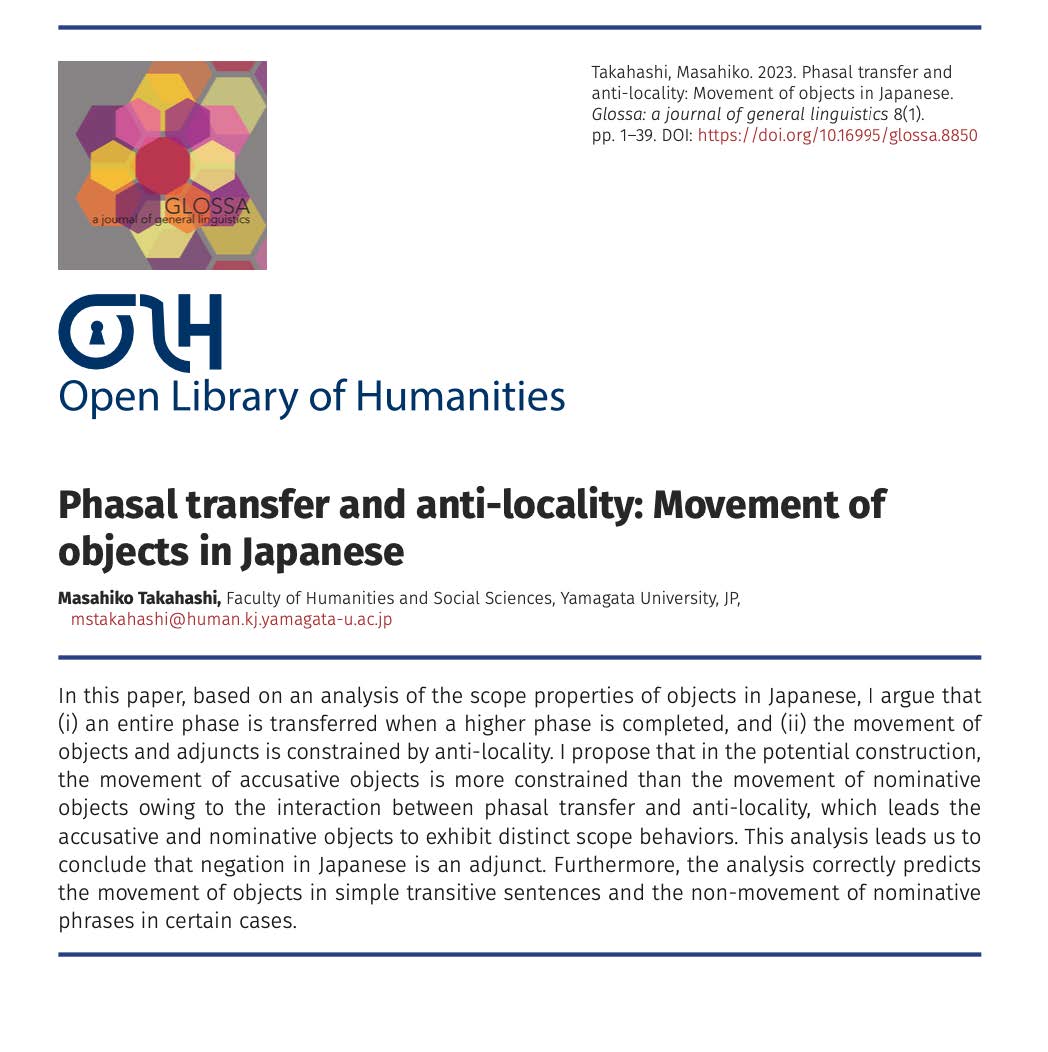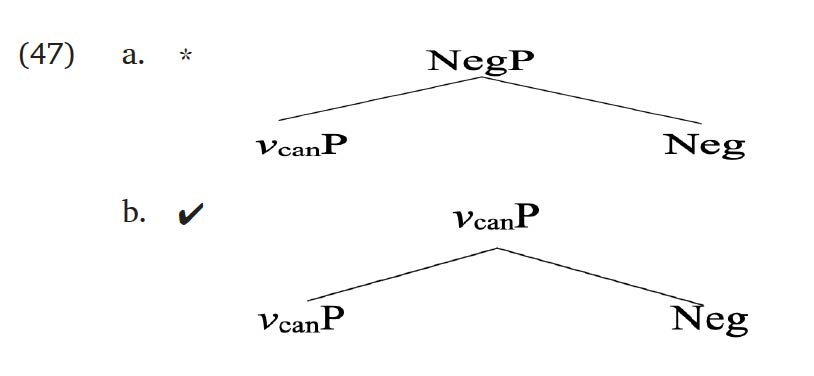







Home > Research > Research Overview > 2025 > Unconscious Knowledge of Language
Unconscious Knowledge of Language
Associate Professor (Linguistics, Syntax)
TAKAHASHI Masahiko
Natural languages are governed by rules, of which native speakers possess unconscious knowledge. I study this unconscious linguistic knowledge, with a focus on case particle alternation in Japanese. For example, the English sentence Taro can speak French can be translated into Japanese as either (1) Taro-ga Fransugo-wo hanaseru or (2) Taro-ga Fransugo-ga hanaseru. Though both sentences seem to convey the same meaning, the selection of case particle following Fransugo ‘French’, either -wo in (1) or -ga in (2), affects the sentences significantly. For instance, in (2), the case particle -ga following Taro can be replaced with -ni, but this replacement is not possible in (1). These differences are neither explicitly taught nor consciously considered in daily life. However, native speakers of Japanese can intuitively determine whether these substitutions are acceptable. I aim to shed light on the nature of human language by exploring this kind of unconscious linguistic knowledge.

▲This open-access paper, published in 2023, is freely available online.

▲Tree diagrams like these, from the 2023 publication, illustrate analyses of example sentences.
Related Links